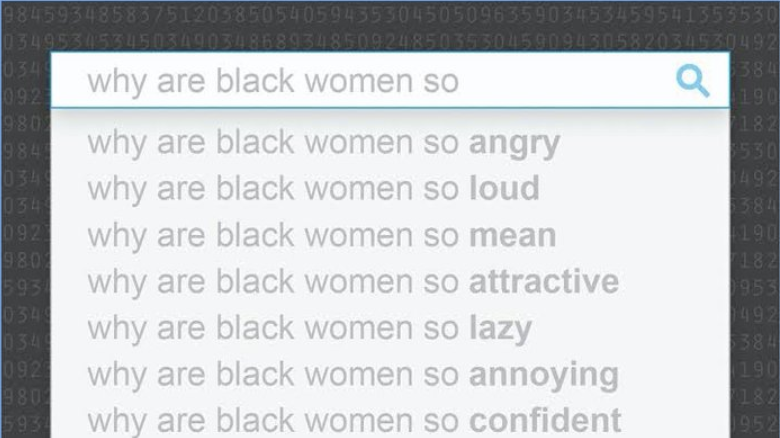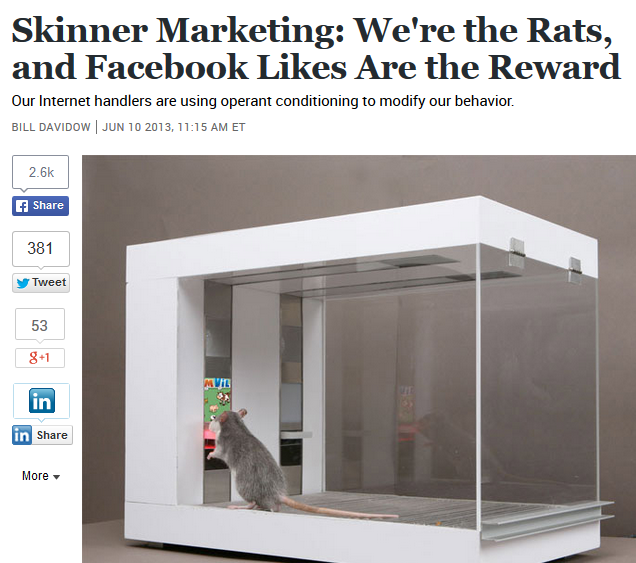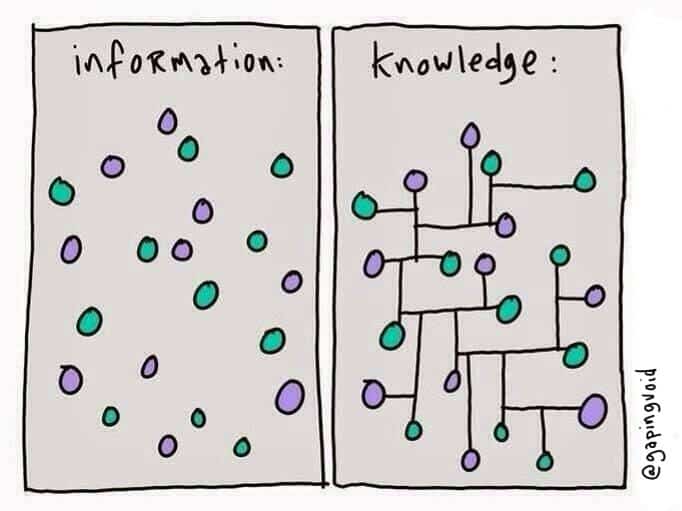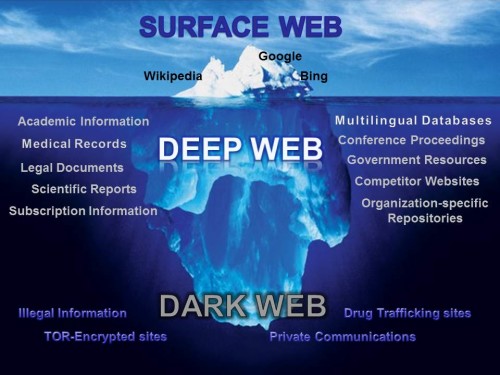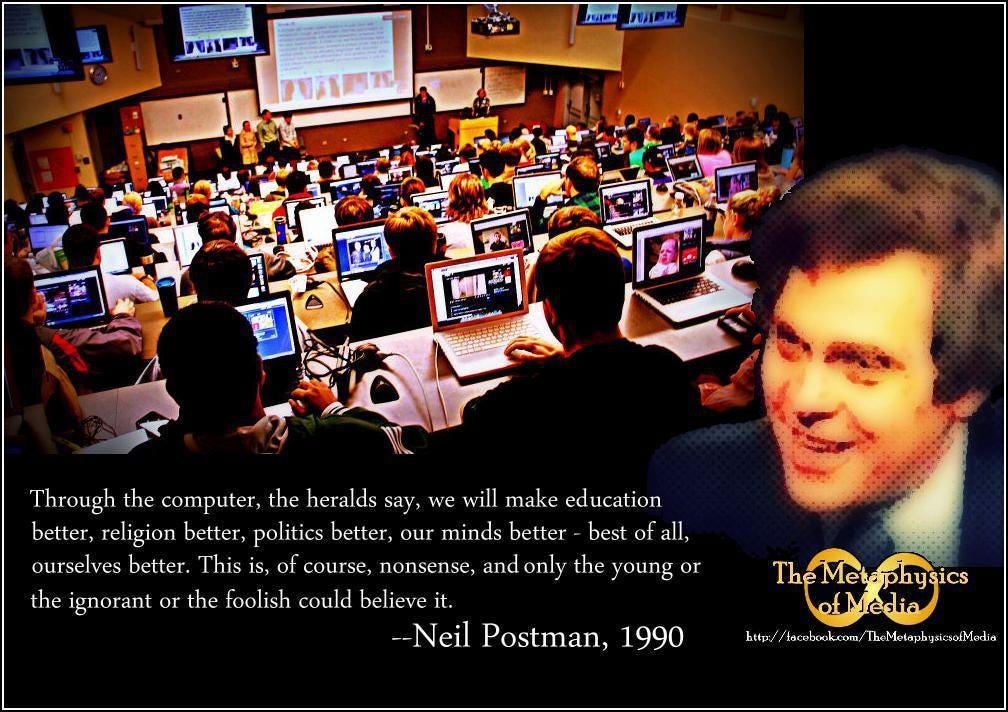Class
1. What is a research essay?
2. Research essay instructions:
This essay will be put together in stages:
All these stages must be completed and
documented to have your Third Draft evaluated. Please turn in the proposal, outline, 3 drafts, 3 feedback, and checklist together for evaluation by
Thursday, December 5 in class. The Third Draft must be about 7 double spaced pages, or 1,800 words including the Works Cited page and use 3-5 (or more) sources to prove a thesis of your choice about the Net and/or Web. Use Modern Language Association style to document your sources. You may use images to illustrate your ideas, but make sure you explain and acknowledge the images properly.
Revisions and Grading:
- Students who turn in the proposal, outline, 3 drafts, 3 feedback, and checklist on Thursday, December 5 in class will have a chance to revise it ONCE for a new grade.
- Students who wish to revise their last draft more than once after I have evaluated it should turn in the proposal, outline, 3 drafts, 3 feedback, and checklist BEFORE Thursday, December 5.
- Students who turn in the proposal, outline, 3 drafts, 3 feedback, and checklist on or after Tuesday, December 10 will not be able to revise the last draft.
- Students who have not turned the proposal, outline, 3 drafts, 3 feedback, and checklist by Friday, December 13 will receive a failing grade for the class.
3. Pitching your topic, reason, and questions to the class
4. Review of Thesis Statements and Beginning the
Research Proposal
5. Talkin' COIL:
https://docs.google.com/document/d/1UPLsE6poM4la4ATaULaT8a4AHkZB3m01MHHyEQ-Tk5U/edit?usp=sharing
For Tuesday
Complete Essay 1, part 2: First, REVISE Part 1 by adding detail. Then add part 2 to it. Give the essay a fancy title. Questions to consider (you don't have to answer all these questions--it is to get you started thinking):
How has the way you approach the Web changed after all the revelations of this class? Are you the same person online as you were at the beginning of the semester? Why? Why not? What specific readings, videos, lectures, discussions resonated with you most? What do you plan to do with the knowledge you have gained during this part of the semester (in terms of yourself, your family, your community, etc.)
For Thursday
Turn in your second set of journals:
- Orwell, Nineteen Eighty-Four. Chapter 1
- Andrews, “George Orwell...Meet Mark Zuckerberg”
- Silverman, “The Reputation Racket”
- Greenwald, “Why privacy matters”
- Lützow-Holm Myrstad, “How tech companies deceive you into giving up your data and privacy” OR Tufecki, “we’re building a dystopia”
- Hypponen, “How the NSA Betrayed the World’s Trust”
- Granick, “How the Government Spies on People Who Protest Including You”
- Shane, “From Headline to Photograph, a Fake News Masterpiece.”
- Pariser, “Beware online ‘filter bubbles.’”
- Cadwalladr, “Google, democracy and the truth about internet search.”








